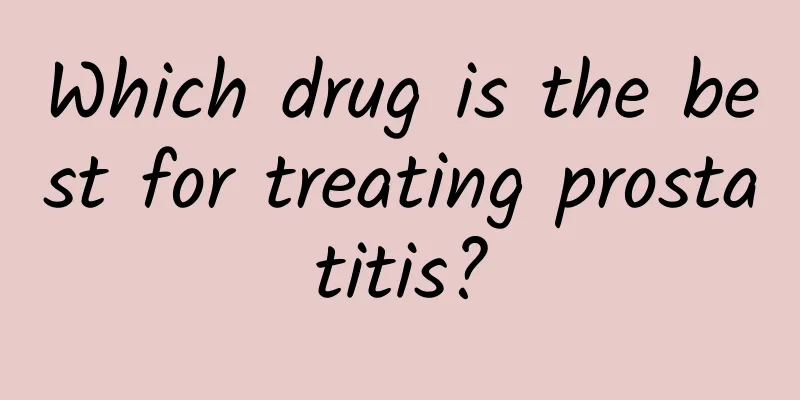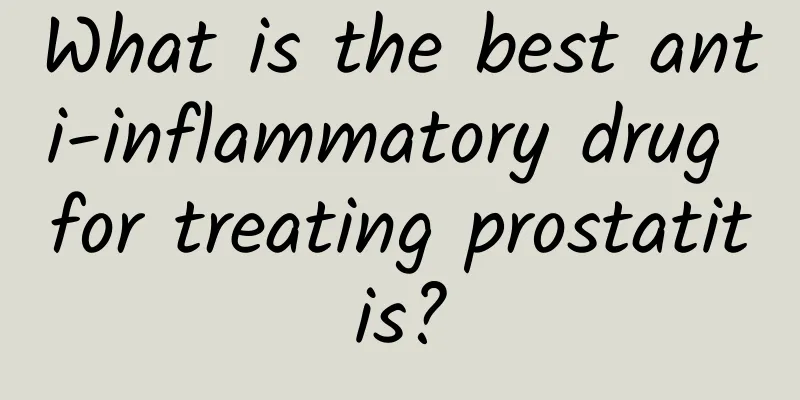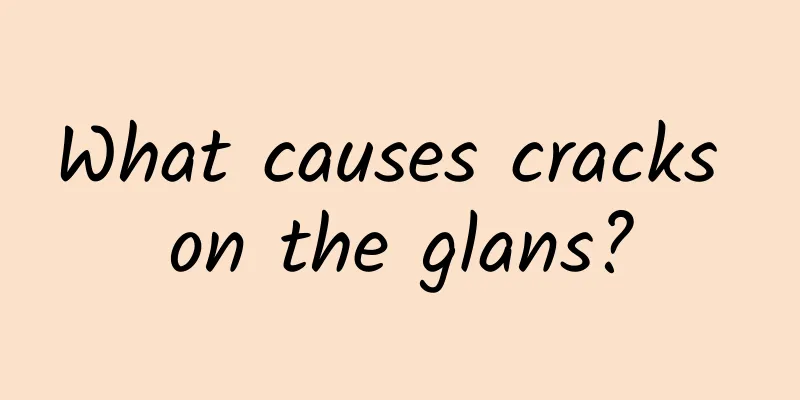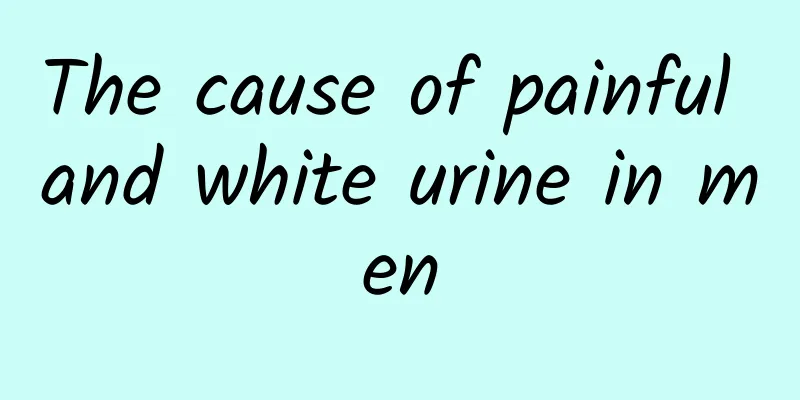Which drug is the best for treating prostatitis?

|
Prostatitis is extremely harmful, and patients must receive timely treatment. They must follow the doctor's instructions when taking medication, especially when using antibiotics. Improper use of the medication will not only produce drug resistance, but can also easily lead to repeated attacks of the patient's condition. Patients must follow the doctor's instructions when taking medication to avoid side effects. 1. Antibiotics: Currently, in clinical practice for the treatment of prostatitis, the most commonly used first-line drug is antibiotics, but only about 5% of patients with chronic prostatitis have clear bacterial infection. 2. α-receptor blockers: α-receptor blockers can relax the smooth muscles of the prostate and bladder and improve lower urinary tract symptoms and pain, thus becoming a basic drug for the treatment of type II/type III prostatitis. 3. Plant preparations: The therapeutic effect of botanical preparations in type II and type III prostatitis is increasingly valued and is a recommended therapeutic drug. Botanical preparations mainly refer to pollen preparations and plant extracts, which have a wide range of pharmacological effects, such as non-specific anti-inflammatory, anti-edema, promoting bladder detrusor contraction and urethral smooth muscle relaxation. Recommended botanical preparations include: Pusitai, Sabah palm and its extracts. Due to the large number of varieties, the usage and dosage must be determined according to the patient's specific condition, and the course of treatment is usually in months. The adverse reactions are relatively small. 4 Nonsteroidal anti-inflammatory analgesics: Nonsteroidal anti-inflammatory analgesics are empirically used to treat symptoms associated with type III prostatitis. Their main purpose is to relieve pain and discomfort. 5M-Receptor Blocker: For patients with prostatitis who have symptoms such as urinary urgency, urinary frequency, and nocturia but no urinary tract obstruction, M-receptor blockers such as tolterodine can be used for treatment. 6 Antidepressants and Anti-anxiety Drugs: For patients with chronic prostatitis who have mood disorders such as depression and anxiety, antidepressants and anti-anxiety drugs can be used for treatment while treating prostatitis. These drugs can not only improve the patient's mood disorder symptoms, but also relieve physical symptoms such as abnormal urination and pain. When using these drugs, you must pay attention to the prescription regulations and adverse drug reactions of these drugs. The antidepressants and anti-anxiety drugs that can be selected mainly include selective 5-hydroxytryptamine reuptake inhibitors, tricyclic antidepressants and other drugs. |
<<: Are there any side effects for single dogs to use inflatable dolls for a long time?
>>: What are the methods for diagnosing prostatitis?
Recommend
Why do men's bellies get bigger?
Most men have no fat on their stomachs before the...
There is pus flowing out of the urethra, and it turns out that I have this disease
Male friends who have pus discharge from the uret...
How to prevent premature ejaculation, six ways for men to prevent premature ejaculation
Premature ejaculation is a difficult disease for ...
Why are the glans penis and foreskin red and itchy?
In daily life, we often encounter this problem, e...
How to do pelvic floor exercises for men
Male friends regularly do some anal lifting exerc...
What are the symptoms of kidney deficiency in men?
For male friends, kidney deficiency is still comm...
Ten kinds of food make men more handsome
As the saying goes, everyone loves beauty. Not on...
Symptoms of Azoospermia in Men
Women play a very important role in having a baby...
Circumcision surgery skin preparation video
Circumcision surgery is now a very common minimal...
The correct way to wash your face with vinegar, these face washes do not hurt the skin
Many people have heard that washing your face wit...
What should boys do if they have a big face?
Not only girls are troubled by the problem of big...
What to do if a man is not hard enough
A perfect sex life requires not only the moisteni...
Does circumcision hurt?
Many men have a condition called prepuce that is ...
Long-term cough may be related to these diseases
Cough is a common disease in life. Many people ma...
What causes pain in the left lower abdomen after ejaculation?
Many men experience pain in the left lower abdome...









